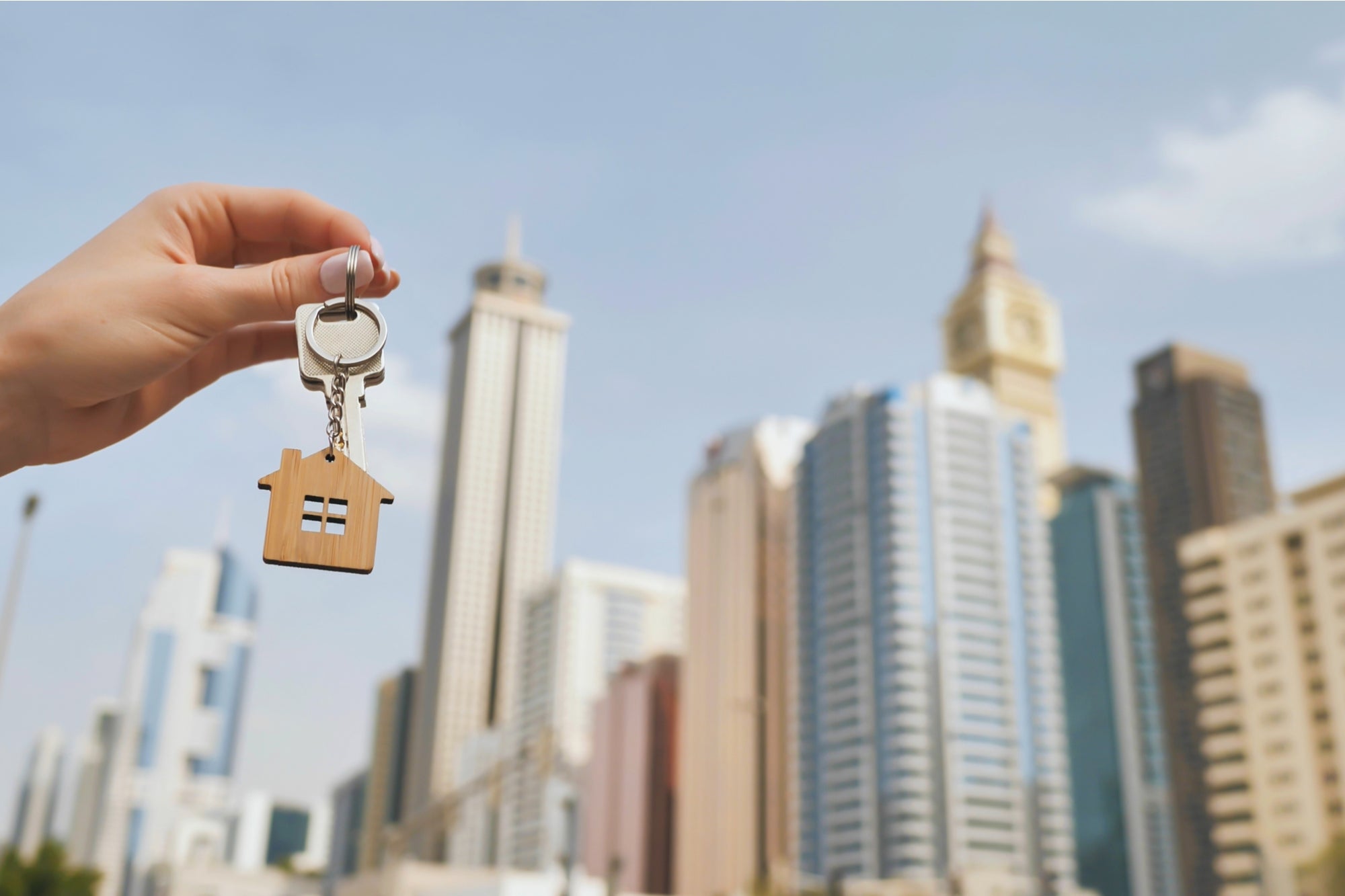Dubai, often hailed as the epitome of luxury and innovation, has long been a magnet for real estate investors worldwide. As we step into 2024, the Dubai real estate market continues to evolve amidst shifting economic landscapes and changing consumer preferences. In this market insight, we delve into the current trends and offer predictions for the Dubai real estate market in 2024.
Recovery and Resilience
The Dubai real estate market has displayed remarkable resilience over the past years, rebounding from the effects of the global financial crisis and adapting to various economic challenges. The COVID-19 pandemic presented unprecedented obstacles, yet Dubai’s proactive measures and robust infrastructure have facilitated a relatively swift recovery compared to many other global cities. As we progress through 2024, this resilience is expected to continue, bolstered by government initiatives and investor confidence.
Shift in Demand Dynamics
One noticeable trend in the Dubai real estate market is the shifting dynamics of demand. While traditional sectors such as residential and commercial properties remain significant, there is a growing interest in niche segments such as sustainable developments, co-living spaces, and integrated communities. The pandemic has accelerated certain preferences, with homebuyers seeking larger spaces conducive to remote work and lifestyle amenities that prioritize health and well-being.
Emphasis on Sustainability
Sustainability has emerged as a key consideration for both developers and buyers in the Dubai real estate market. With increasing awareness of environmental issues and a growing focus on corporate social responsibility, sustainable building practices and energy-efficient designs are gaining prominence. Developers are integrating green spaces, renewable energy sources, and eco-friendly materials into their projects to align with global sustainability goals and meet the expectations of environmentally conscious consumers.
Technology Integration
Dubai has always been at the forefront of innovation, and the real estate sector is no exception. In 2024, we anticipate a greater integration of technology into every aspect of the real estate lifecycle. From virtual property viewings and digital transactions to smart building management systems and IoT-enabled amenities, technology is reshaping the way properties are marketed, managed, and experienced. This digital transformation not only enhances efficiency and convenience but also elevates the overall customer experience.
Continued Government Support
The Dubai government’s proactive stance and strategic initiatives have played a crucial role in supporting the real estate market through various economic cycles. In 2024, we expect the government to continue its commitment to the sector by introducing policies that stimulate investment, enhance transparency, and promote sustainable development. Measures aimed at attracting foreign talent and investors, such as long-term residency visas and favorable business regulations, will further contribute to the market’s growth and stability.
Predictions for 2024:
Steady Growth: Despite global uncertainties, the Dubai real estate market is expected to witness steady growth in 2024, driven by strong fundamentals and investor confidence.
Focus on Affordability: Developers will increasingly focus on offering affordable housing solutions to cater to a broader demographic and address the growing demand from middle-income buyers and renters.
Rise of Proptech: The adoption of property technology (proptech) solutions will accelerate, revolutionizing processes such as property management, tenant engagement, and data analytics.
Shift in Investment Patterns: While traditional investors will remain active in the market, we anticipate a rise in institutional investors and private equity funds targeting income-generating assets such as rental properties and hospitality developments.
Evolving Retail Landscape: The retail sector will undergo transformation, with a greater emphasis on experiential shopping, omnichannel retailing, and mixed-use developments that integrate retail spaces with entertainment and leisure offerings.
In conclusion, the Dubai real estate market continues to evolve, driven by innovation, sustainability, and resilience. As we navigate through 2024, stakeholders must remain agile and adaptable to capitalize on emerging opportunities and navigate potential challenges. With the right strategies and a forward-thinking approach, Dubai is poised to maintain its status as a global real estate powerhouse in the years to come.



